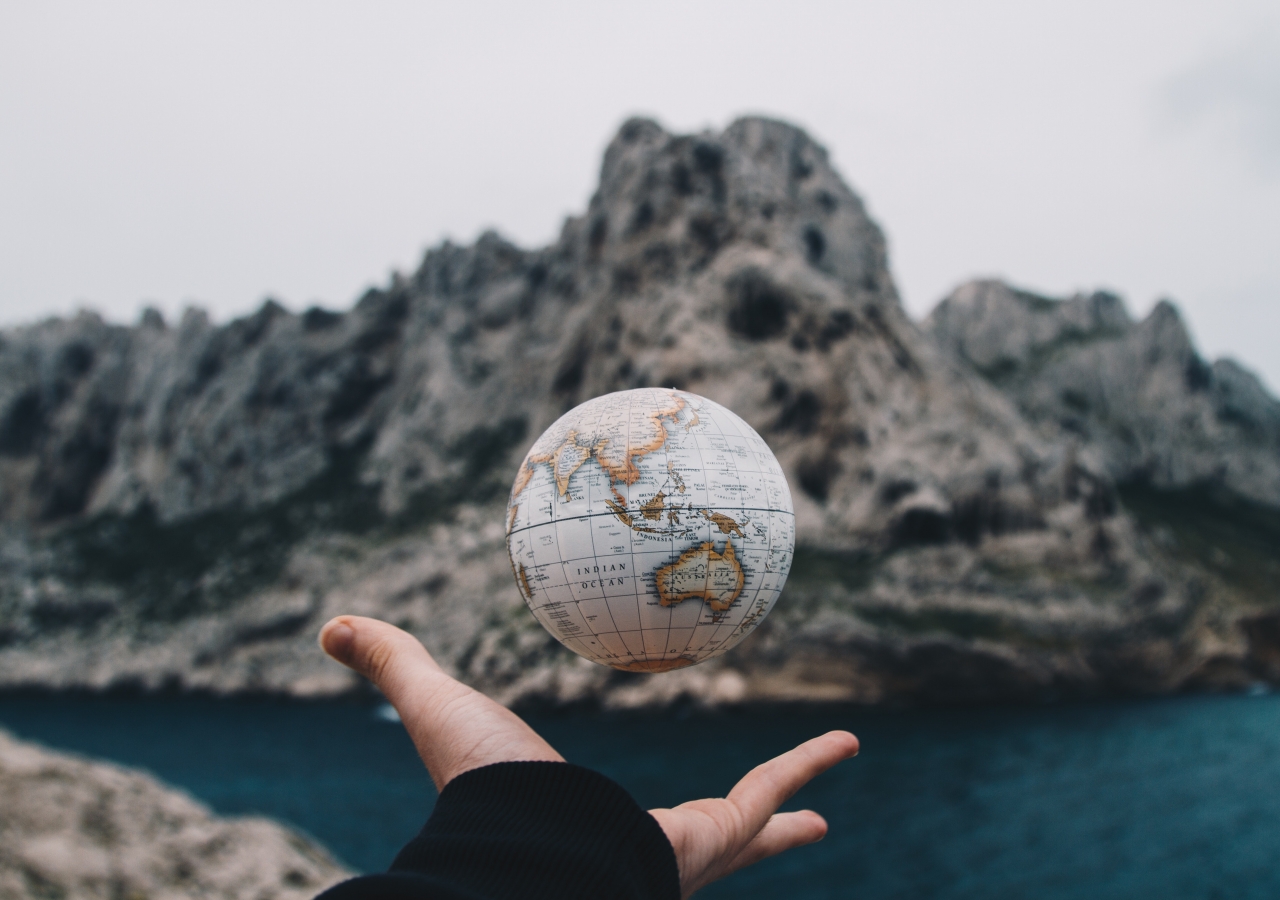Rapid urbanization, catalytic globalisation and exponential diversification are a few of the myriad of changes currently facing our world. While all of us are affected by these processes in different ways, the well-being of one stakeholder in particular is often compromised…our planet, Earth. As we commemorate International Mother Earth Day, let us reflect upon the value of our planet, why we must care for it, and ways in which we can take care of it.
Let us take a minute to reflect upon why our planet is often referred to as ‘Mother Earth.’ A motherly figure represents care, love, and sustenance -- all of which the Earth provides to us through shelter, food, and water. But do we do the same? Are we fulfilling our end of the environmental relationship? What we do not seem to realize is that we share a symbiotic relationship with our planet: the less we care for it, the less it cares for us.
A simple thing like leaving our lights on unnecessarily is an example of not caring for our planet. You might ask, how? Well, more electricity is used, and this often requires burning higher quantities of fossil fuels. This then contributes to increasing levels of greenhouse gases, which then has a detrimental climatic impact on our planet. While the value of our planet is infinite, not showing care for this value will diminish it - not just in the long-run, but right NOW.
Mawlana Hazar Imam has often spoken of the importance of caring for the environment. When presented with the highest award by the Royal Architectural Institute of Canada in Ottawa 2013, His Highness said, “Our faith constantly reminds us to observe and be thankful for the beauty of the world and the universe around us, and our responsibility and obligation, as good stewards of God’s creation, to leave the world in a better condition than we found it.”
Now the question arises, ‘we would love to care for the Earth, but how can we do this?’ While many think the answer to our pressing environmental crisis lies in macroeconomics and large scale political structures, we can also strive for change and embody stewardship on an individual and a community basis. Pioneering efforts have been made by Prince Aly Muhammed, who first travelled to Northern Pakistan in 2017 and made a film entitled ‘Close to Home.’ In the film, he highlights the challenges faced by the effects of natural disasters and environmental degradation caused by climate change. When explaining the context behind his film at the International Film Festival in Lisbon 2018, Prince Aly Muhammad said, “Climate change is an issue that is becoming more and more urgent, that’s why I went to Northern Pakistan and I made Close to Home.” By sharing stories, raising awareness, and bringing real-world consequences of textbook concepts, Prince Aly Muhammed has truly embodied the ethic of stewardship.
We can all contribute in ways with which we feel comfortable. If you are an artist, could you paint a piece and share the meaning behind this with your loved ones? If you are a chef, could you use ingredients that reduce environmental impact? If you are a student, can you take classes in environmental studies to gain further depth in this field? There are always things that we can do to protect our Mother Earth.








